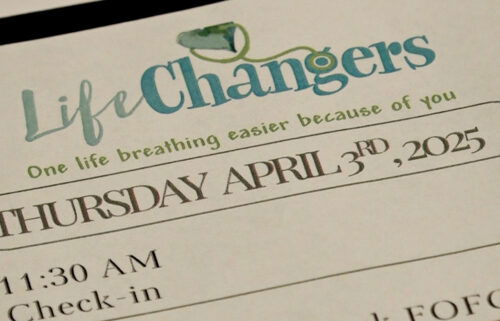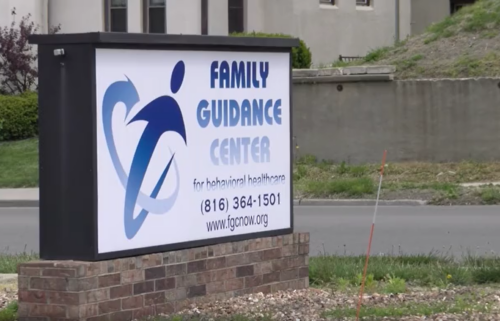Prescription drug monitoring program in place statewide

By Jenna Wilson
A newly launched statewide prescription drug monitoring program is Missouri’s latest tool in the fight against the misuse of medications.
The Missouri Legislature passed a law to create the prescription drug monitoring program in 2021. It allows health workers to compile a patient’s drug history in an electronic database so other health-care providers can view a prescription history before giving out narcotics, stimulants and other opioids.
“We’re able to see controlled substances in certain classes — when they were filled, where, how much and written by who for each patient,” said Julie-Marie Nickelson, a licensed pharmacist at Rogers Pharmacy. “The providers who are writing for these prescriptions are also able to see that it helps cut down on duplicate therapy and catch early any potential issues with patients being underprescribed or potentially overprescribed.”
Missouri was the last state in the nation to adopt such a database as skeptical lawmakers raised concerns about sensitive patient data not being used properly.
“Missouri’s actually the last state by over five years to launch the program,” Nickelson said. “It’s been in the works for the better part of a decade for a while. There was a certain senator who was adamantly opposed to it and put a lot of inaccurate nuances, in other words, into other representatives and senators’ ears that they believed and therefore they resisted it. Long term, we’re seeing more of the benefits the programs had in all the other states and were finally able to get the statewide one passed.”
Nickelson said this is a step in the right direction to help combat the U.S. opioid epidemic and reduce overdoses.
“As we know, addiction can start very early with a very short course of opioid medication or any other controlled substance,” she said. “By having a prescription drug monitoring program in place, we’re able to monitor the prescribing and if it becomes consistent, then a provider or a pharmacist can have a conversation with the patient before it progresses too far.”
Patients should expect to show a valid form of identification when picking up medication as part of the statewide prescription drug monitoring program.




